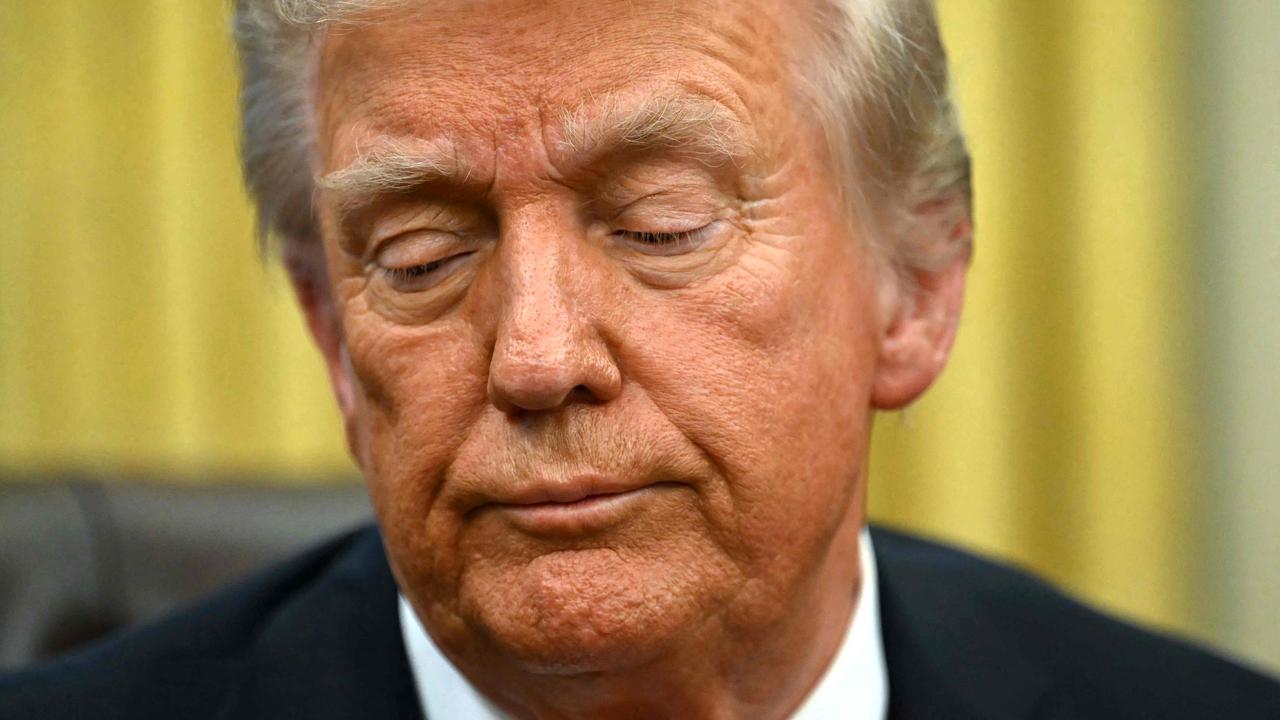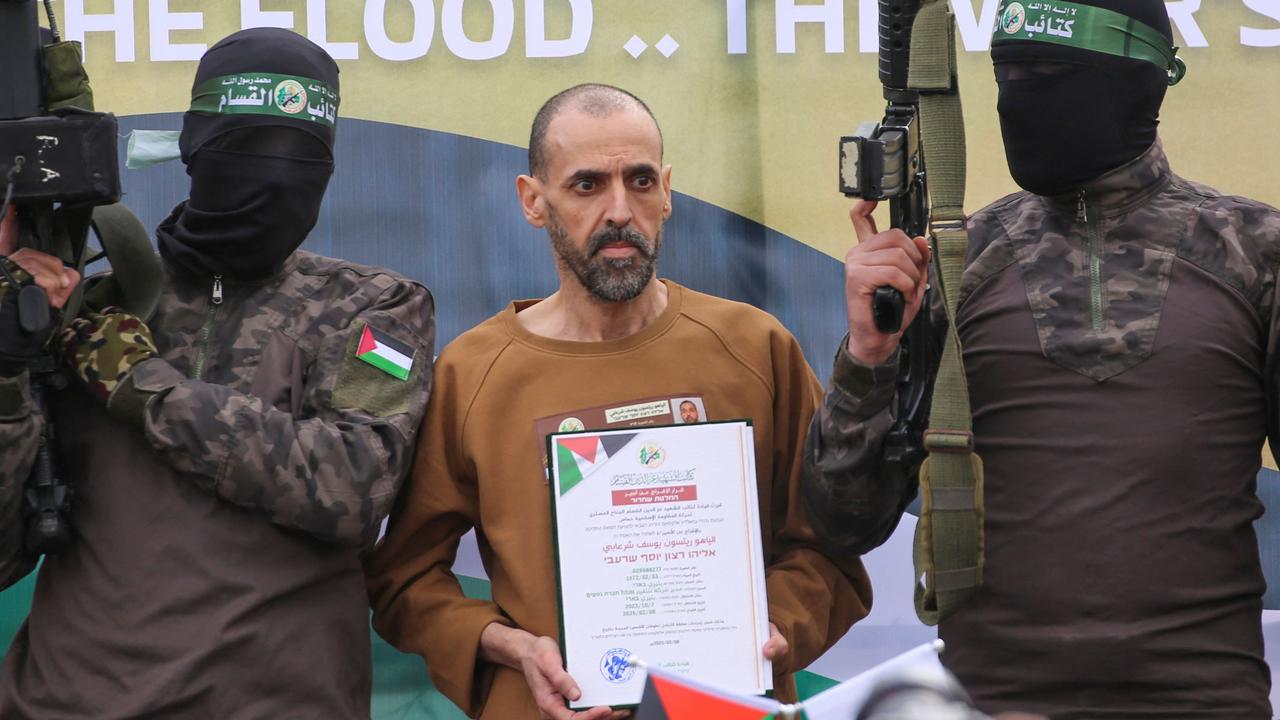Iran will launch a direct attack on Israel, risking all-out war in the Middle East, intelligence suggests
Israeli intelligence believes Iran is ready to stage a direct attack within a matter of days, in a move that could spark all-out war in the Middle East.
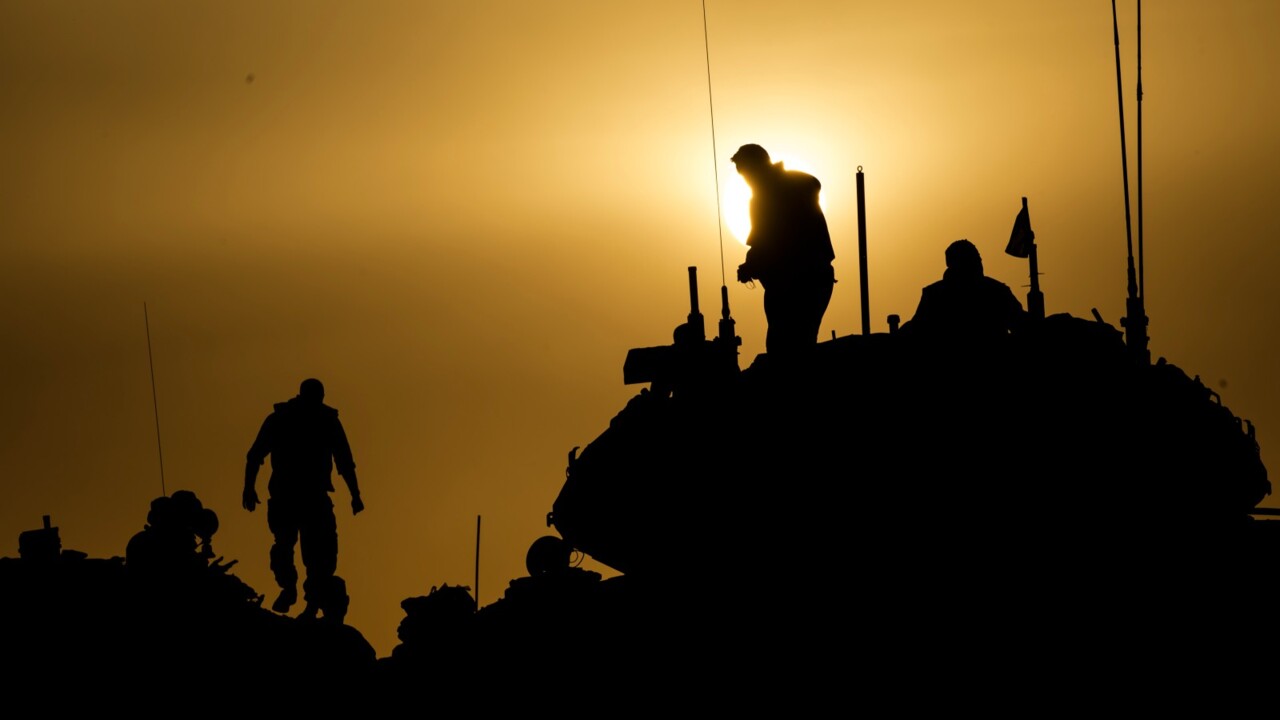
Iran is preparing for a direct military strike on Israel within days, in response to the extraordinary assassination of the Hamas leader while he was in Tehran two weeks ago.
According to media reports, Israeli intelligence now believes an attack is imminent, possibly coinciding with crucial Gaza ceasefire talks due to be held later this week.
Western nations, including the United States, are working to avoid full-scale war in the Middle East, with US President Joe Biden issuing a stern one-word warning to Iran.
“Don’t,” Mr Biden said when asked at the weekend if he had a message for Tehran.
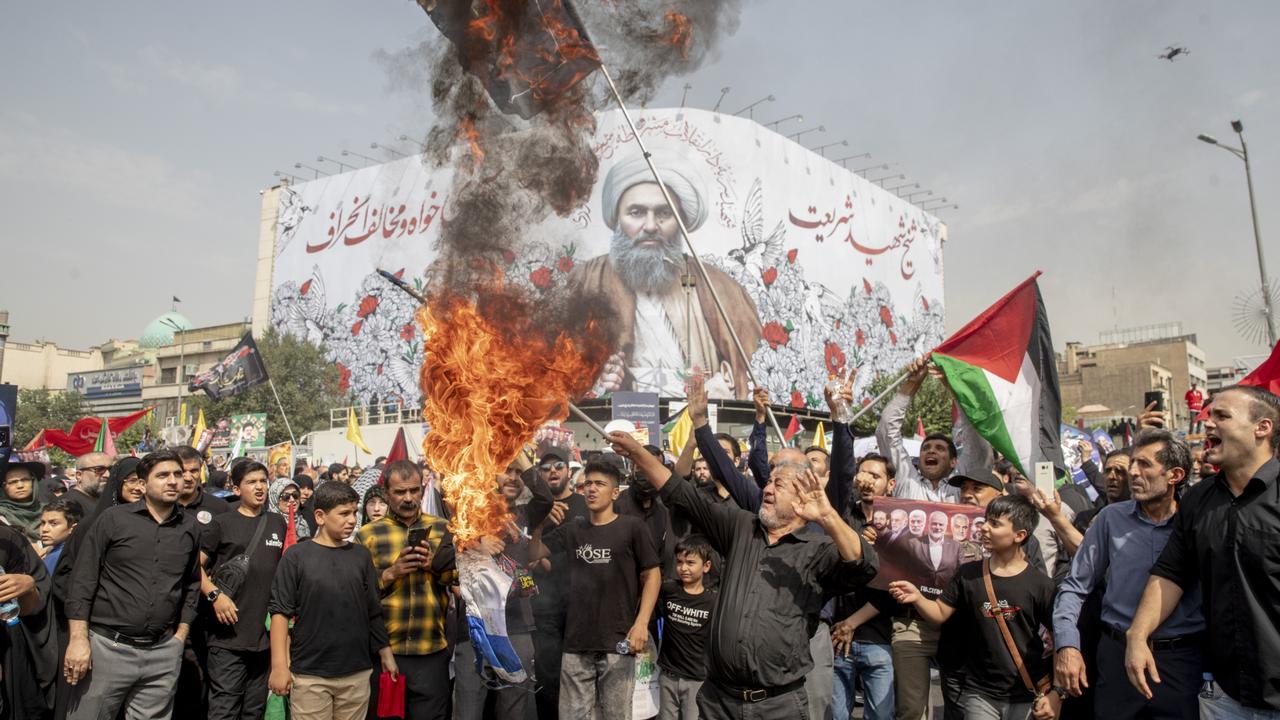
On July 31, Hamas leader Ismail Haniyeh was killed while in Tehran. It followed the death of Hezbollah’s senior commander Fuad Shukr, taken out in an air strike in Beirut in Lebanon.
According to the news outlet Axios, Iran will avenge Haniyeh’s death with a direct hit on Israel.
“This is a change from the assessment of the last few days, which suggested that international pressure on Iran was restraining it from carrying out a direct attack against Israel,” the report said.
Israeli broadcaster Kann News also reported security officials have accepted that Iran is “determined to launch an attack soon”.
In response, the Israeli Defence Force has positioned air defence systems at strategic points across the country and has fuelled fighter jets on standby, The Washington Post reports.
The US has also deployed additional military resources to the region.
Tensions have been running high since Haniyeh, who was the political leader of terror group Hamas and had based in Doha, the capital of Qatar, was killed.
He was involved in negotiations for a ceasefire between the group and Israel in Gaza, in talks brokered by Egypt, the United States and Qatar.
He was in Tehran to attend the swearing in of Iran’s new government.
In a furious response posted to X, formerly Twitter, Iran’s supreme leader Sayyid Ali Khamenei wrote: “Following this bitter, tragic event which has taken place within the borders of the Islamic Republic, it is our duty to take revenge.”
The world has been nervously watching on since.
On Saturday, Ali Fadavi, deputy commander of Iran’s Islamic Revolutionary Guard, said: “The supreme leader’s orders regarding the harsh punishment of Israel and revenge for the blood of martyr Ismail Haniyeh are clear and explicit … and they will be implemented in the best possible way.”
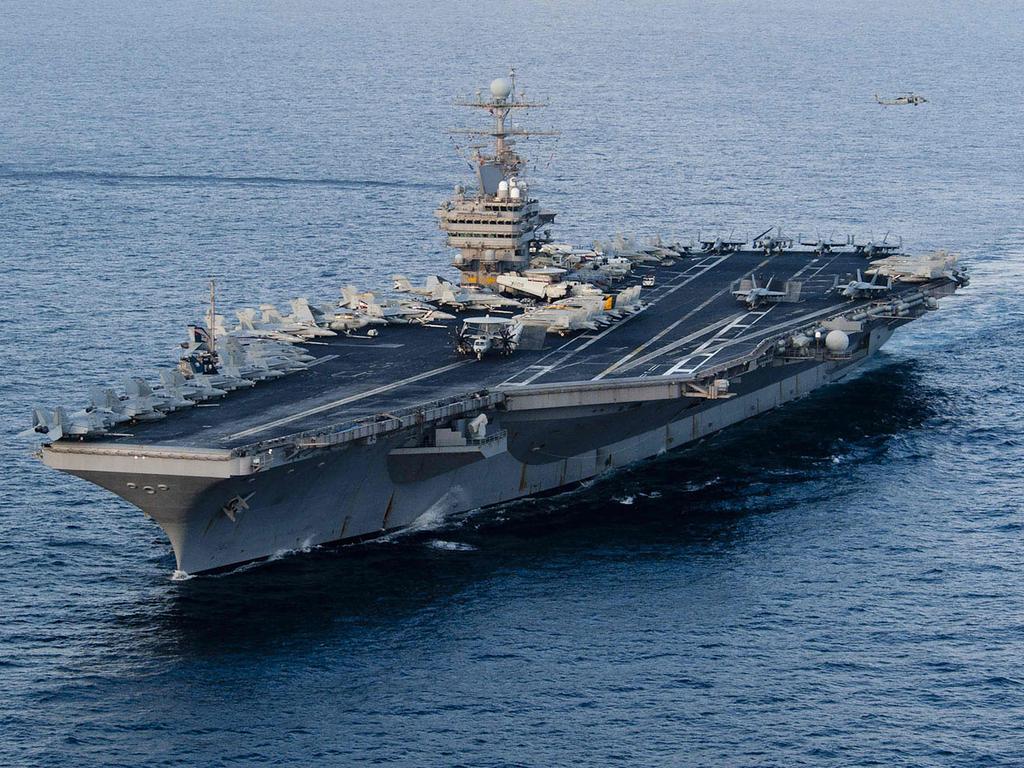
Ali Mamouri, a research fellow in Middle East students at Deakin University, said Israel’s extraordinary assassination marked a “critical escalation in the already volatile and increasingly hostile region”.
“But the severity of Iran’s response to Israel will depend on a number of factors,” Dr Mamouri wrote in analysis for The Conversation. “An all-out war is not a sure thing.”
In the wake of the Hamas attacks on October 7 and Israel’s subsequent assault in Gaza, a shaky level of restraint has been shown by Iran, Dr Mamouri said.
An Israeli strike on an Iranian compound housing diplomats in Syria prompted a swift response from the hard-line Islamic regime, in the form of some 300 missile and drone strike.
“The attack was seemingly intentionally designed to not cause major casualties or harm to Israel,” he pointed out. “It was also telegraphed in advance, allowing Israel and its allies to shoot down the weapons.”
But now, two important elements of the assassination will require a unique response from Iran, he said.
“First, the attack occurred in Tehran, which compels the government to issue a strong response. Second, Iran’s hardliners will seize this opportunity to criticise the new government, questioning its policy of reconciliation with the West.
“They will argue that such policies are ineffective and advocate for a more confrontational stance, thereby undermining the government’s reformist agenda.”
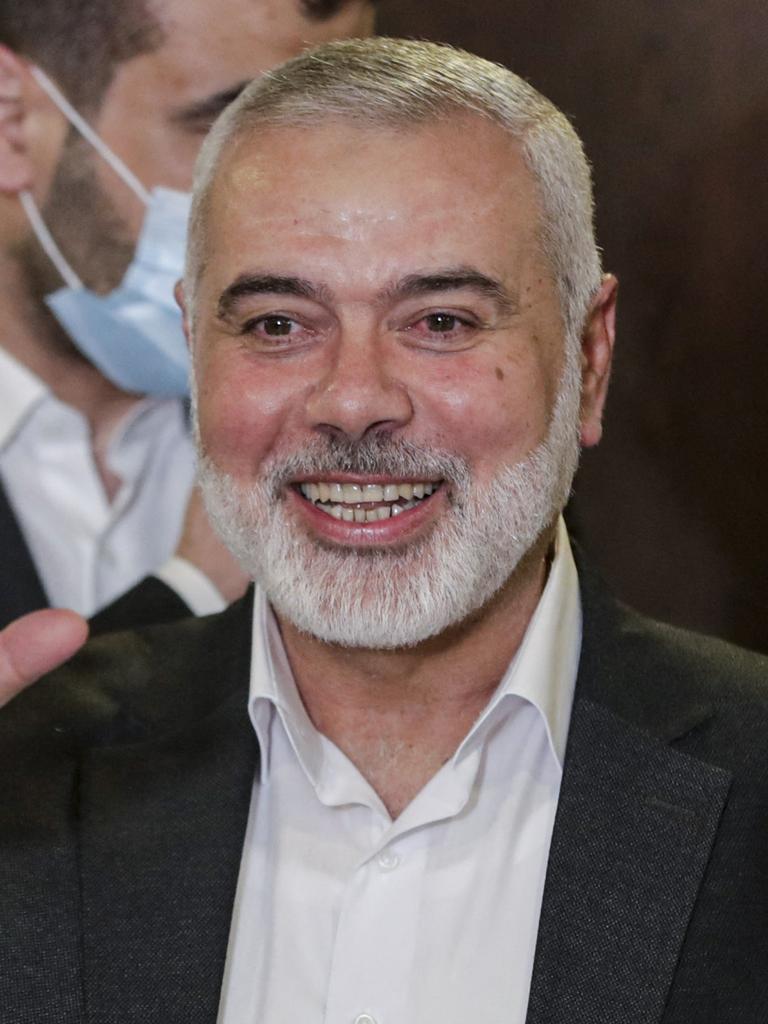
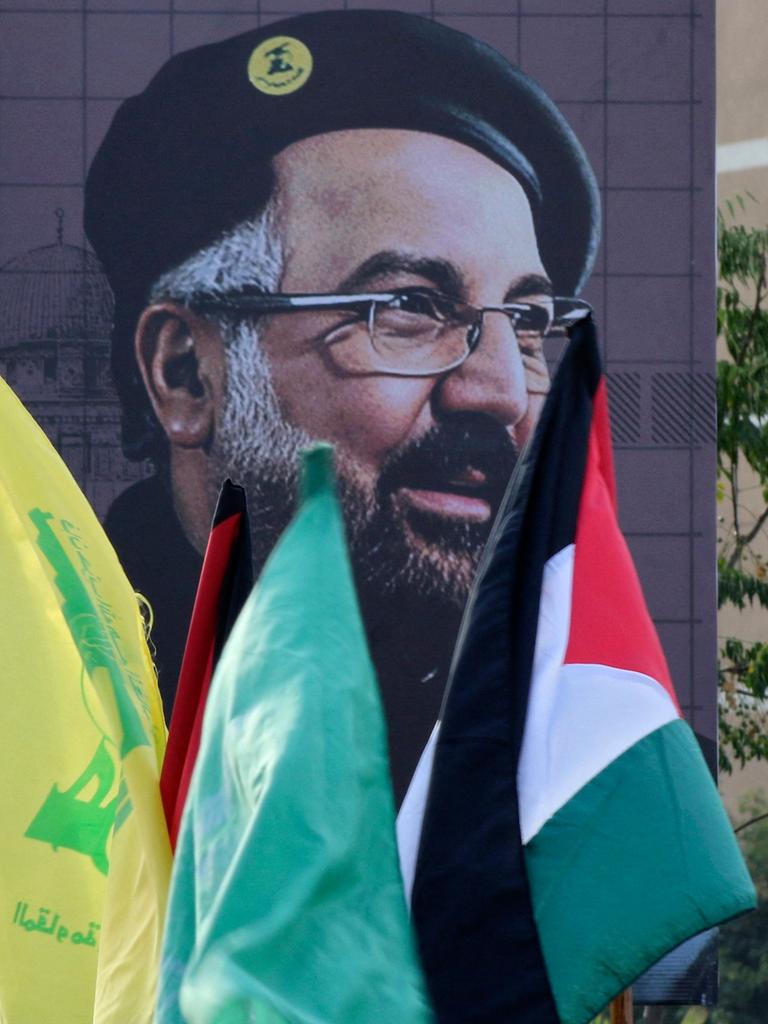
But he isn’t convinced all-out war following Haniyeh’s assassination is an inevitable fate.
“Iranian foreign policy has adopted a high level of pragmatism, carefully calculating the military’s actions and avoiding anything that might launch a costly war with economic, political and security implications,” Dr Mamouri said.
“This doesn’t mean there won’t be a strong response. Iran’s allies, in particular Hezbollah, possess the capability of inflicting serious damage on Israel, far exceeding what they have demonstrated so far. Their attacks could intensify significantly.”
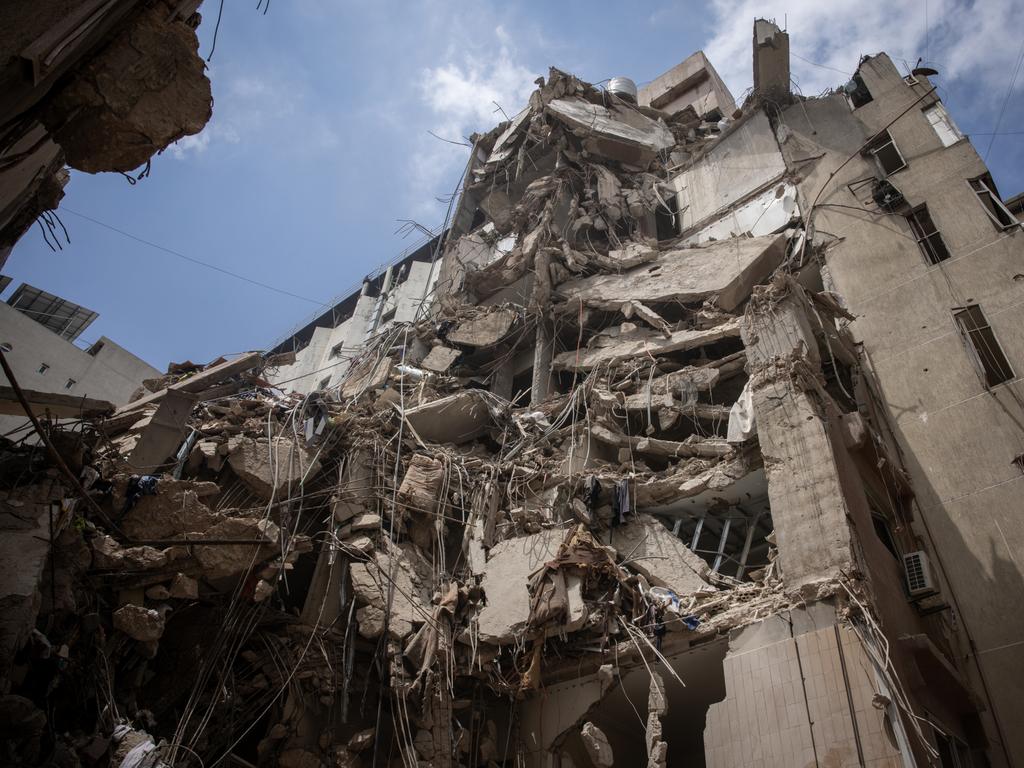
Ian Parmeter, a research scholar at Australian National University’s Centre for Arab and Islamic Studies, said Iran has a number of allies in the region it can call upon.
Among them are Shia militants in Syria and Iraq, as well as Houthi rebels in Yemen.
“If Iran were to retaliate, it might [also] be through Hezbollah from Lebanon,” Mr Parmeter, a former ambassador to Lebanon and senior diplomat at Australia’s embassy in Moscow, wrote for The Conversation.
“A major missile barrage from Hezbollah could potentially overwhelm Israel’s Iron Dome missile defence system.
“What happens now is difficult to say … but what is certain is that the killing of Haniyeh is likely to cause a significant escalation in the Gaza War, and possibly in the wider Middle East,” Mr Parmeter wrote.
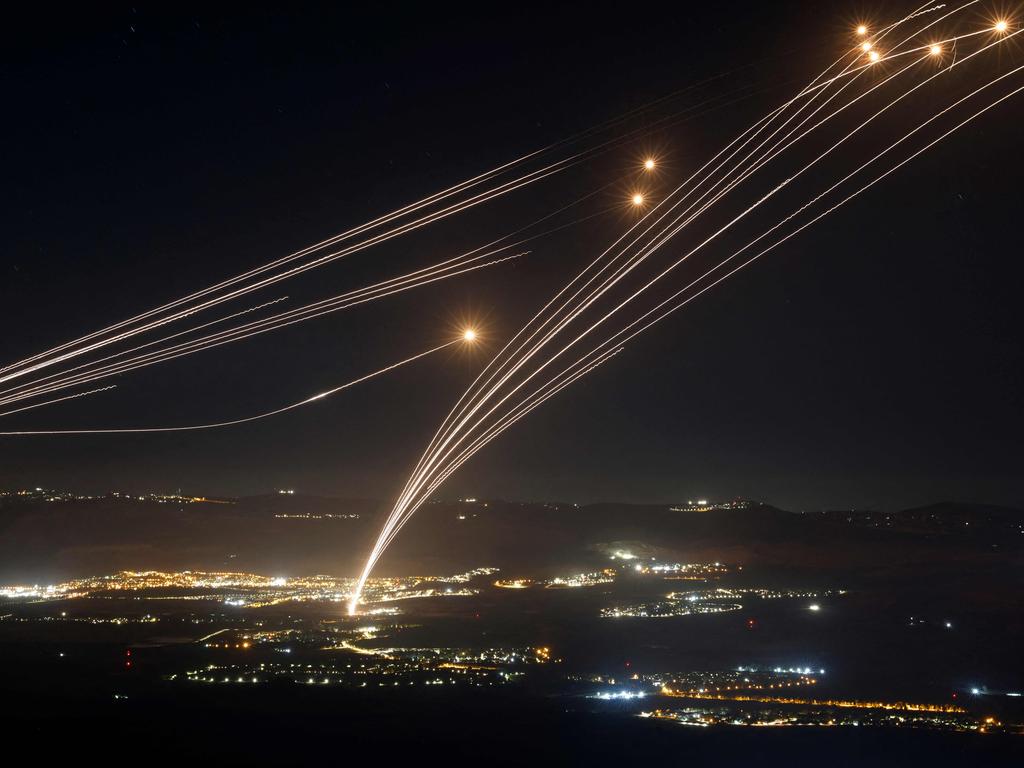
Iran’s new recently elected government, seen to be more moderate ideologically, sees President Masoud Pezeshkian faced with a delicate balancing act.
President Pezeshkian has previously flagged an overhaul of the country’s approach to foreign policy, seeking a less hostile atmosphere in the region.
He presented his leadership cabinet, which includes a female minister, to Iran’s parliament last week.
“His administration has signalled its intention to revive the nuclear deal that then-US President Donald Trump scrapped in 2018,” Dr Mamouri said.
“Iran wants relief from the international sanctions that have significantly harmed its economy and the lives of the Iranian people.
“However, the assassination of Haniyeh has created a precarious situation for Iran’s government. It must balance the need for a robust response with the desire to pursue diplomatic and economic reforms. There are two important aspects to this.





